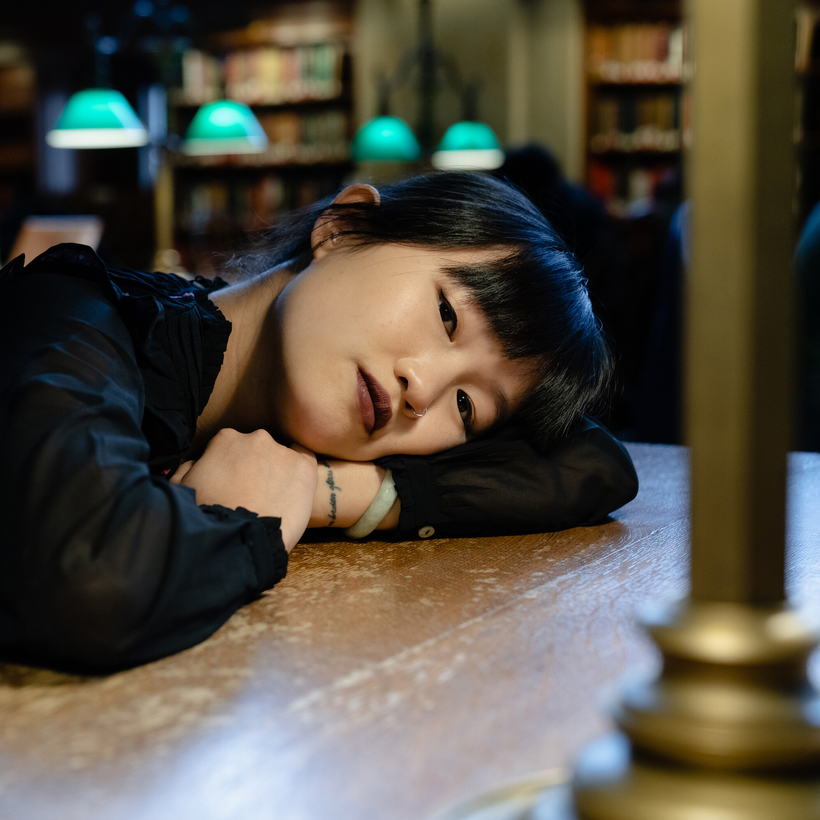Just a year shy of 30, Rebecca F. Kuang, better known as R. F. Kuang, has collected three degrees, published five books, and gotten married. While for most this would constitute a lifetime’s work, for Kuang, the author behind the blockbuster novel Yellowface, it’s merely the natural pace of her mind.
Writing, she says, is “like breathing—it’s not a choice you make.”
Next week, she returns with Katabasis, her latest book, about two graduate students who descend into the underworld to retrieve the soul of their late professor, hoping that he might write them letters of recommendation.
The academic world is familiar terrain for Kuang, who has degrees from Georgetown, Cambridge, Oxford, and, soon, Yale. “I find that I can’t really write about a place unless I’ve lived there and inhabited it,” she says.

